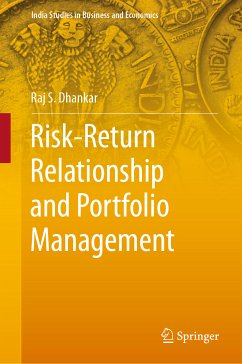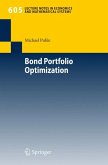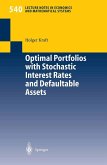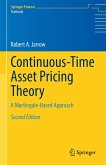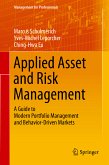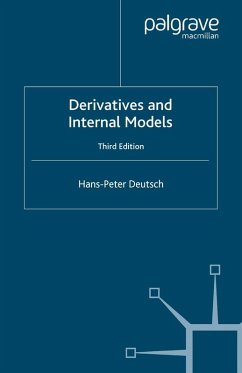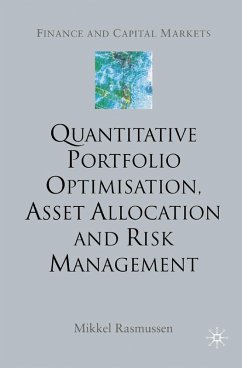This book covers all aspects of modern finance relating to portfolio theory and risk-return relationship, offering a comprehensive guide to the importance, measurement and application of the risk-return hypothesis in portfolio management. It is divided into five parts: Part I discusses the valuation of capital assets and presents various techniques and models used in this context. Part II then addresses market efficiency and capital market models, particularly focusing on measuring market efficiency, which is a crucial factor in making correct investment decisions. It also analyzes the major capital market models like CAPM and APT to determine to what extent they are suitable for use in developing economies. Part III highlights the significance of risk-return analysis as a prerequisite for investment decisions, while Part IV examines the selection and performance appraisals of portfolios against the backdrop of the risk-return relationship. It also examines new tools such as the value-at-risk application for mutual funds and the applications of the price-to-earnings ratio in portfolio performance measurement. Lastly, Part V explores contemporary issues in finance, including the relevance of Islamic finance in the increasingly volatile global financial system.
Dieser Download kann aus rechtlichen Gründen nur mit Rechnungsadresse in A, B, BG, CY, CZ, D, DK, EW, E, FIN, F, GR, HR, H, IRL, I, LT, L, LR, M, NL, PL, P, R, S, SLO, SK ausgeliefert werden.

